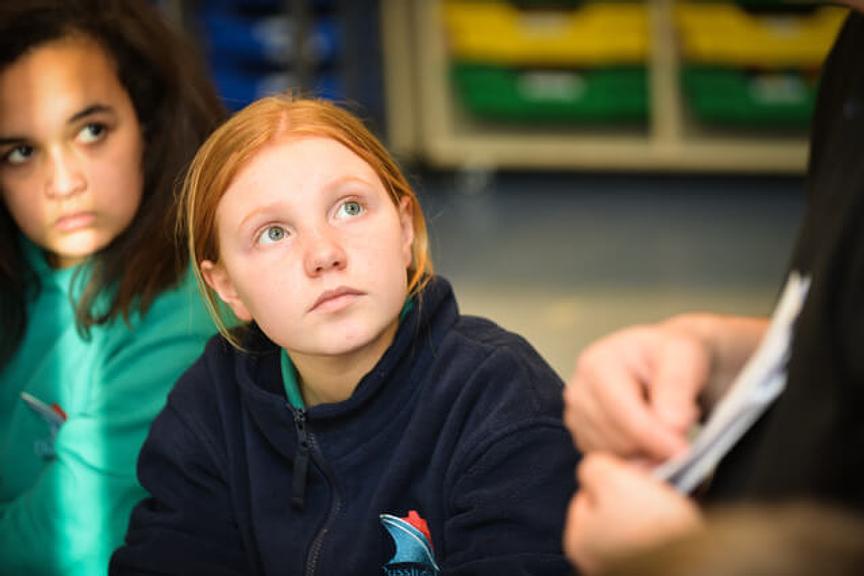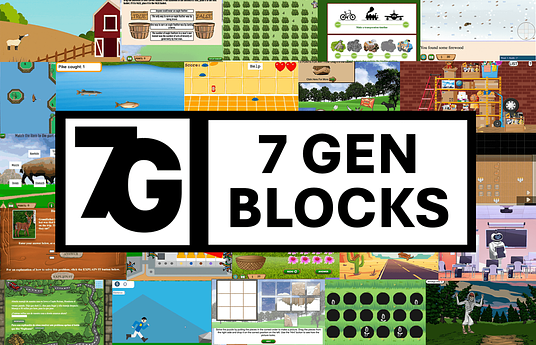Meaningful learning can often be found in the realm of stories, where a fictional context can grab the imagination and give purpose to curriculum study. In education systems where the focus is on passing tests and driving up standards, there can be little room for creativity or for teaching a broad curriculum that deepens students’ understanding of the interconnectedness of the world.
Great learning comes from an active engagement in meaningful and purposeful activities, whereas an education system that prioritises a narrow band of curriculum subjects runs the risk of alienating large numbers of people who struggle to understand its relevance to their lives.
Mantle of the Expert is an educational approach that uses fictional contexts (co-created by the teacher and students) to generate purposeful activities for learning. Within the fiction,students are cast as a team of experts working for a client on a commission. The commission is designed by the teacher to generate tasks and activities which create opportunities for students to collaborate and study-wide areas of the curriculum. For example, cast as a team of archaeologistsexcavating an Egyptian tomb for the Cairo Museum, students research ancient Egyptian history and exploretombs from the period, artefacts, and ritualswith the purpose of creating a new exhibition.
Meaningful, cross-curricular contexts for learning are created through this process as they study history, geography, art, design and technology as well as developing skills in reading, writing, problem-solving, and inquiry.
Aspects from across the curriculum are explored through the drama, empowering students by giving them opportunities to assume roles of responsibility and make decisions. Through engagement in the fiction, the students learn to see events from other points of view, giving them a wider perception of situations and contributing to their development as global citizens.



